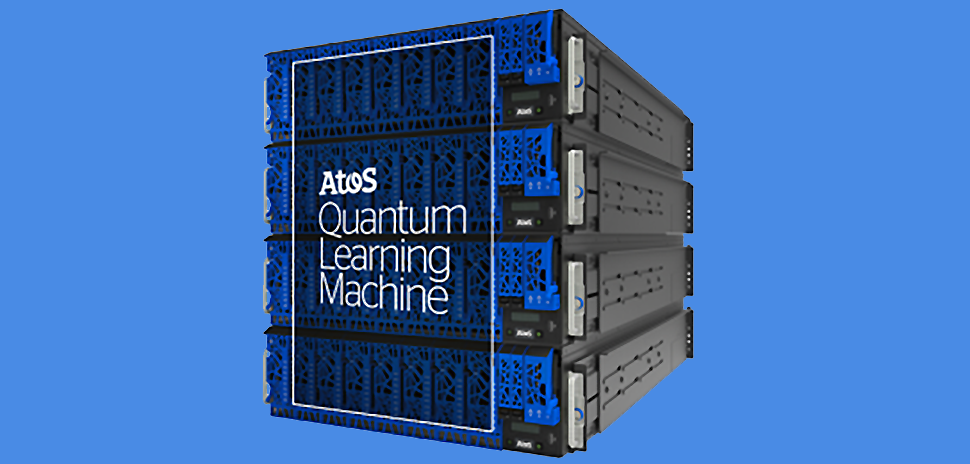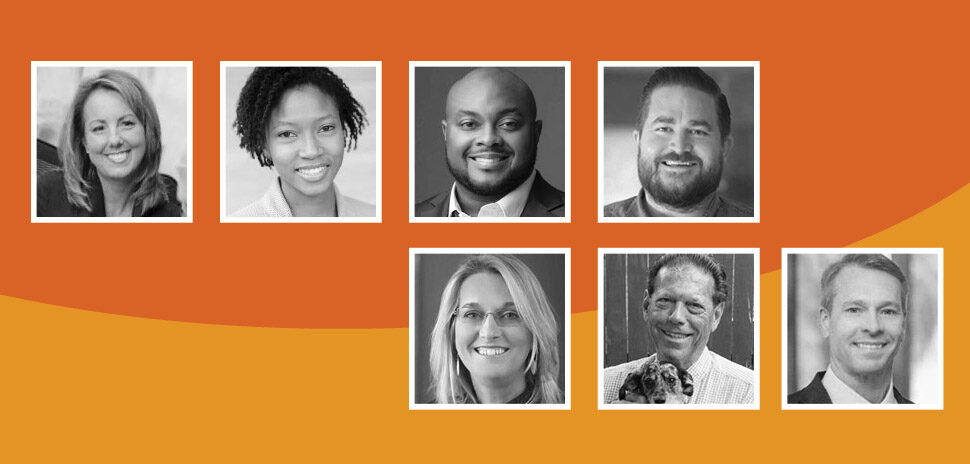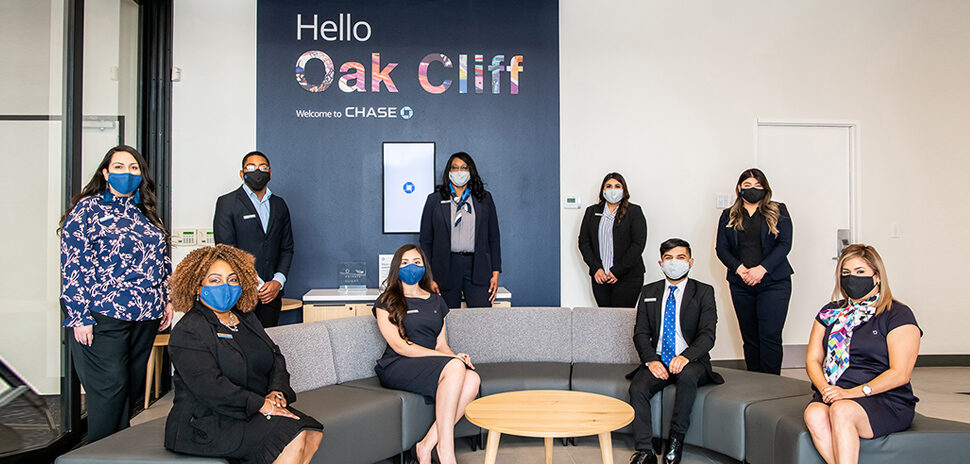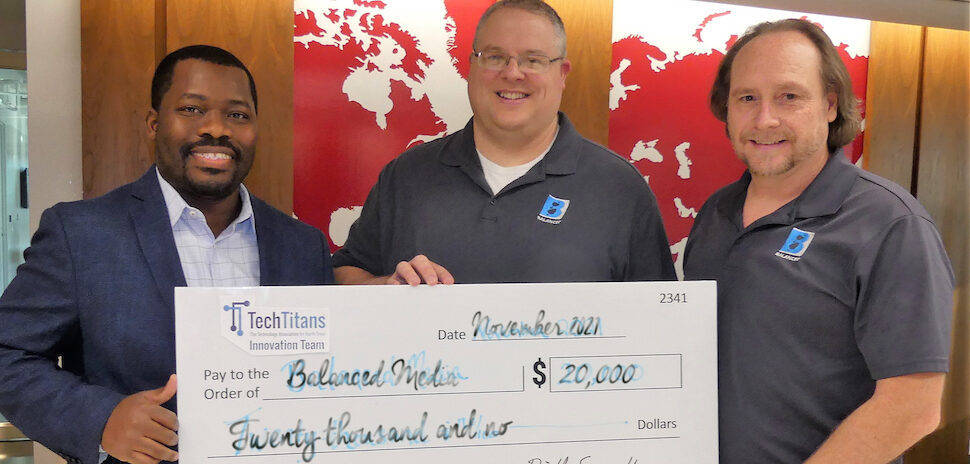The Oak Ridge National Laboratory has acquired a 30-Qubit Atos Quantum Learning Machine, a high-powered quantum computing system built on the principles of quantum mechanics.
Bezons, France-based Atos said the Quantum Learning Machine is the highest-performing quantum simulator in the world. The global IT services company opened a regional headquarters in Irving in July.
According to Atos, the Quantum Learning Machine combines an ultra-compact machine with a universal programming language.
“We are researching how quantum computing can provide new methods for advancing scientific applications important to the Department of Energy.”
Travis Humble
The machine will allow researchers and engineers to develop and test the quantum applications and algorithms for the future.
“At ORNL, we are preparing for the next-generation of high-performance computing by investigating unique technologies such as quantum computing,” Travis Humble, director of ORNL’s Quantum Computing Institute, said in the release. “We are researching how quantum computing can provide new methods for advancing scientific applications important to the Department of Energy.”
He said the company’s researchers “focus on applications in the physical sciences, such as chemistry, materials science, and biology, as well as the applied and data sciences.”
ORNL, the Department of Energy’s largest multiprogram science and energy laboratory, is in Oak Ridge, Tennessee, and employs nearly 5,000 people that include engineers and scientists in more than 100 disciplines, the release said.
Atos said it was able to install the QLM-30 within hours, and the stand-alone machine can run on site, ensuring confidentiality.
“Our partnership with Oak Ridge National Laboratory further strengthens Atos’ high-performance computing market position within the U.S.,” said Michel-Alain Proch, group senior executive vice president and CEO Atos North American operations, in the release. “In combination with our IT expertise and focus on innovation, Atos is enhancing the ability of leading research centers and universities to address tomorrow’s quantum computing challenges today.”
![]()
Get on the list.
Sign up to keep your eye on what’s new and next in Dallas-Fort Worth, every day.
And, you’ll be the first to get the digital edition of our new Dallas Innovates magazine:
The annual edition publishes in January






























